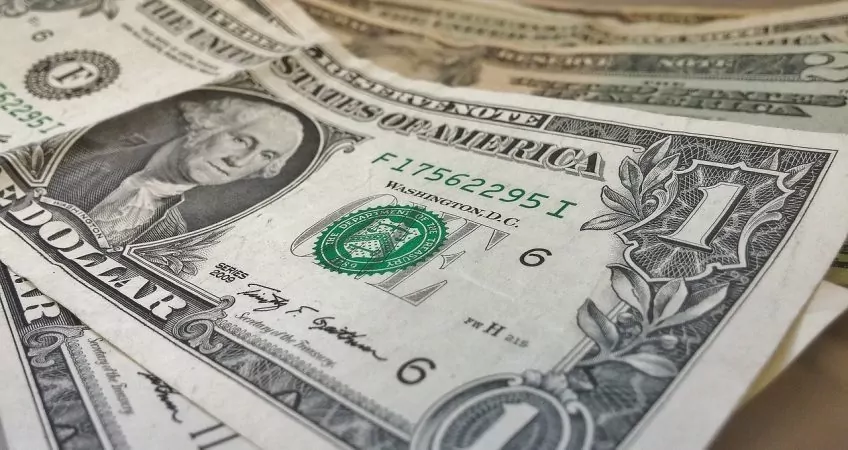
Managing Administration And Paying Taxes, Utilities, And Other Local Bills Offshore
The Un-Sexiest Part Of Going Offshore
Administering your offshore life isn’t sexy, but it is necessary. As I write, I’m sitting in my apartment in Medellín staring at a property tax bill that needs to be paid. These bills come quarterly. However, based on the bill in front of me it appears that our property manager (really our maid Claudia who helps with these kinds of things) either didn’t receive or didn’t forward to me the previous property tax bill. The current bill includes charges for two quarters along with the requisite penalties for not paying the last one on time.
In theory, the tax bill can be paid online. The thing is, I haven’t been able to figure out how to do that, so I’ve come up with a workaround. I transfer funds from my account in Colombia to the account of my maid, and she pays the bill for me, in person. Of course, for this to work, Claudia has to remember to alert us that the bill has arrived in the first place. It’s fortunate that I happen to be in town the week this new bill arrived.
I pay the other bills for the apartment in Medellín via direct debit. In those cases, the challenge is making sure I have enough cash in the account to cover the direct debits when they come through.
My first experience with direct debit was when we moved to Ireland. It was already common even back then for the Irish to pay their electric and phone bills by direct debit. This American had trouble with the concept of giving access to a third party so said third party could withdraw an undetermined amount of money from my bank account each month. What if there wasn’t enough money in the account? What if I wanted to dispute the amount of the charge? What if some employee of the phone company stole client account data and emptied my bank account?
Acceptance And Automation
Eventually, I was won over. In part this was thanks to the research I did to be able to make direct debit available to our subscribers. I became convinced that direct-debit systems are indeed safe enough.
I’m glad I came to this conclusion, because, over the past 17 years that I’ve been building my global property portfolio, being able to manage local payments through direct debit sure has made my life a lot easier. In some cases, direct debit is more than a convenience. In places where local bills aren’t delivered or reliably received and where I’m not able to write or send local checks in a timely manner, direct debit is a necessity.
Without it, you run the risk of missing a payment and having your services shut off. That has happened to us several times in different places, including here in Medellín during the transition from our renovation manager, who had been taking care of paying the bills for us while construction was ongoing, to the property manager we engaged. The accounts hadn’t been set up on direct debit (our renovation manager had been paying them in person), and the bills didn’t get paid. Electric, gas, and Internet were all shut off and had to be reinitiated. No fun.
As far as I can tell, it’s not possible to pay a property tax bill in Medellín by direct debit. Eventually, I’ll figure out how to pay it online each quarter… I hope.
This is the recommended strategy for bills that you can’t or don’t want to pay by direct debit—set up online access to the service provider. This is how I pay cell phone bills in the United States and Panama. For the Panama cell phone, I receive an email when the bill is ready then go online to pay by credit card.
Lief Simon



